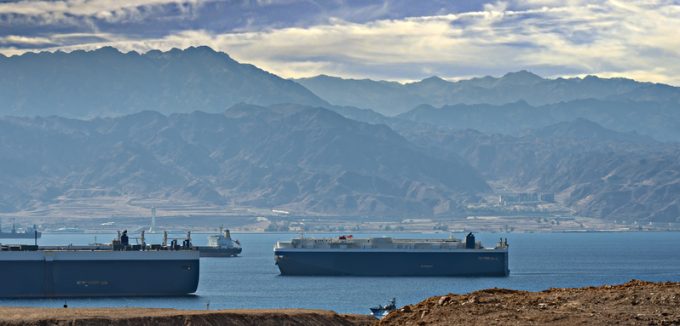Mexican airlines face stiff US restrictions after 'breaching' ATA
Mexican carriers operating to the US are facing a flurry of paperwork and uncertainty after ...

Houthi threats to widen their area of operations amount to bluster and propaganda, and “should not be taken at face value,” according to a Risk Intelligence report.
Earlier this month Houthi leader Abdul Malik Al-Houthi made a televised broadcast saying that the militia group would widen its scope ...

Comment on this article